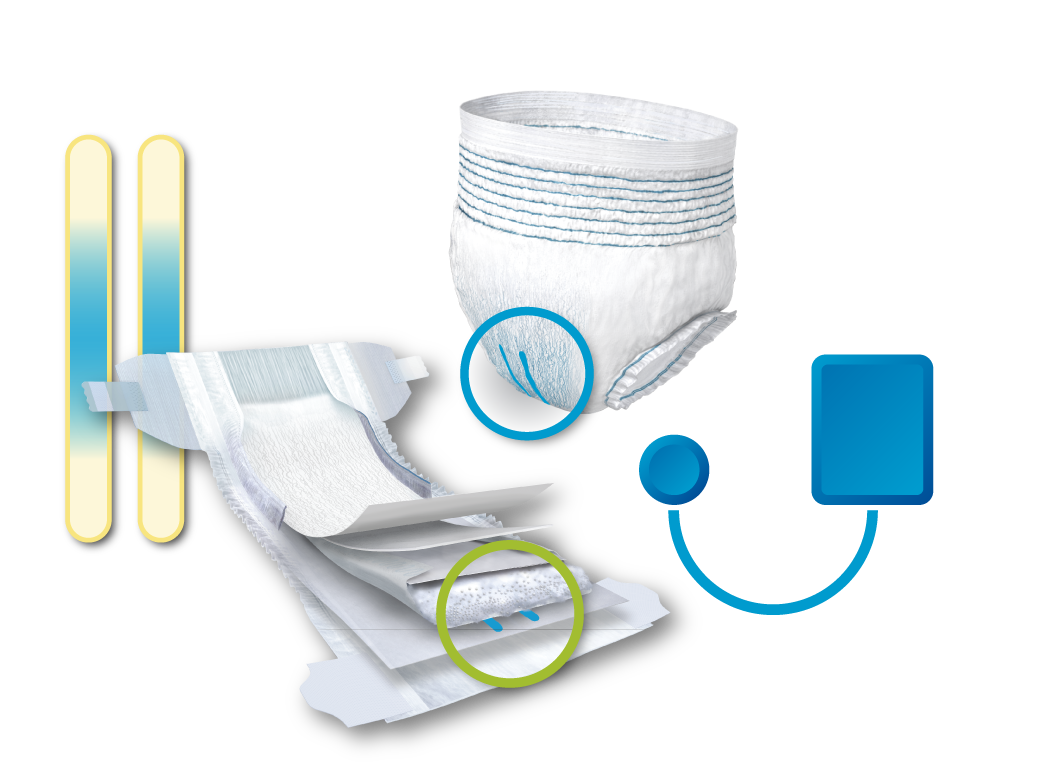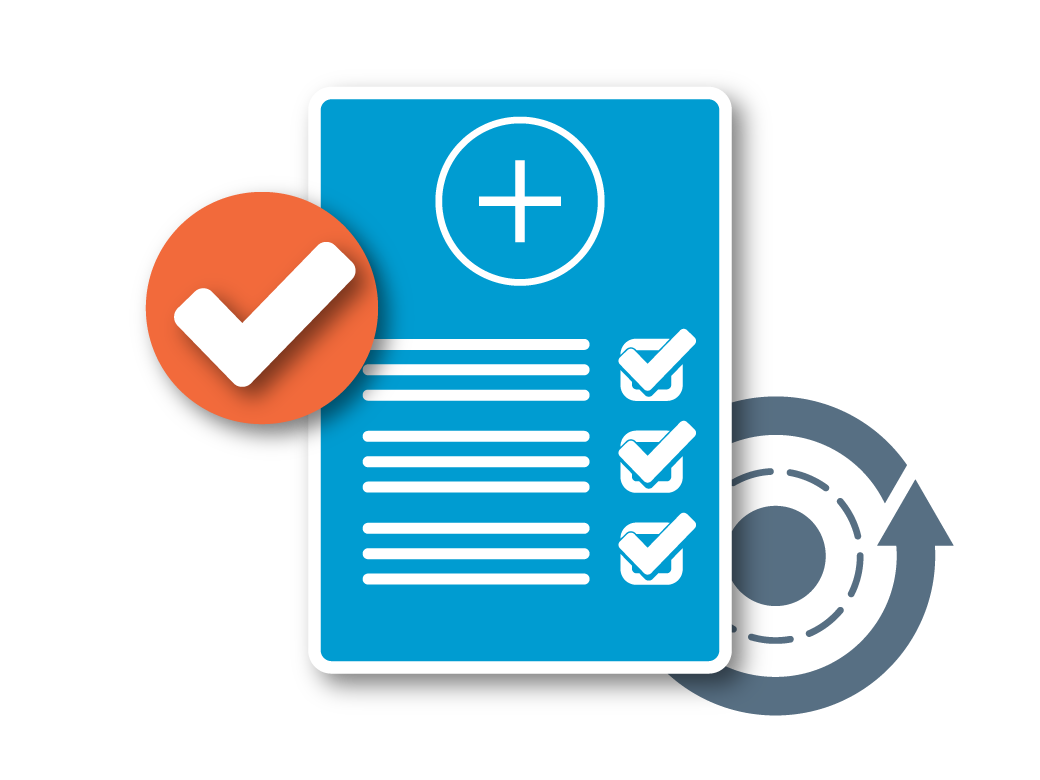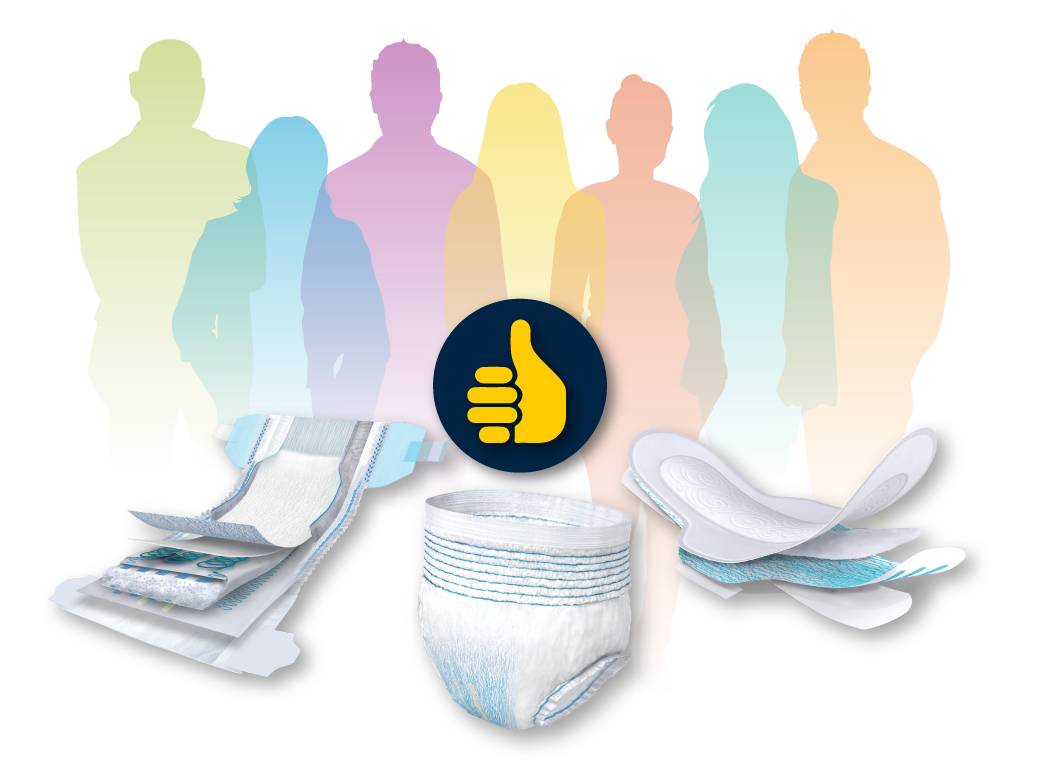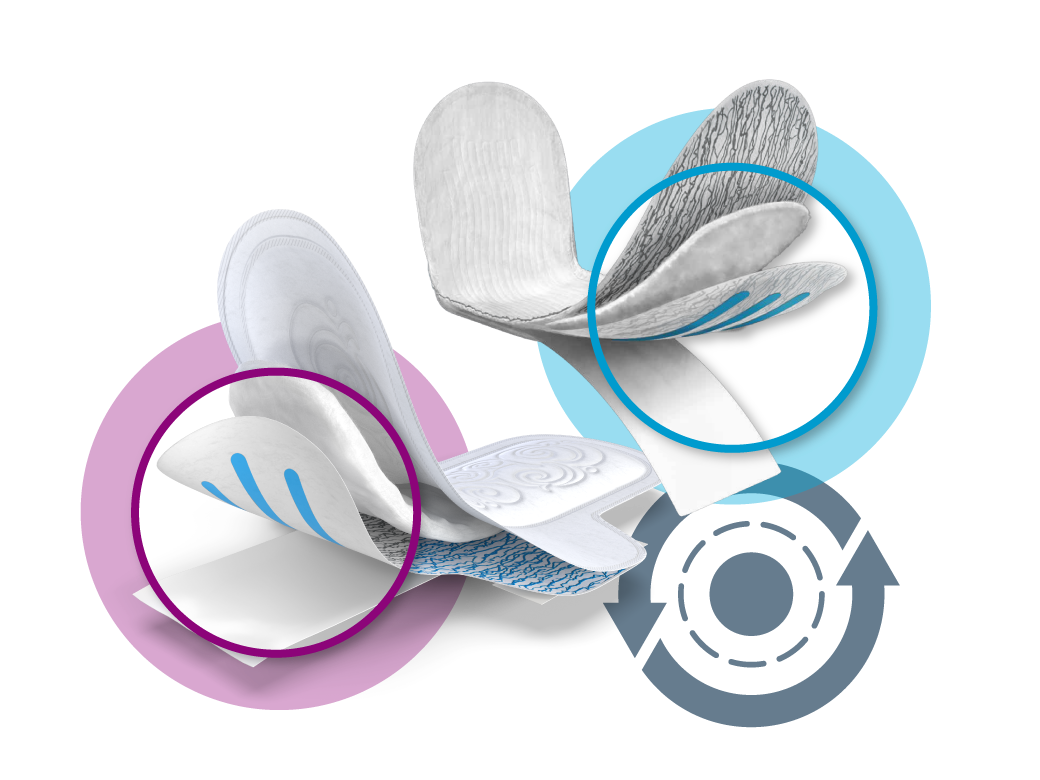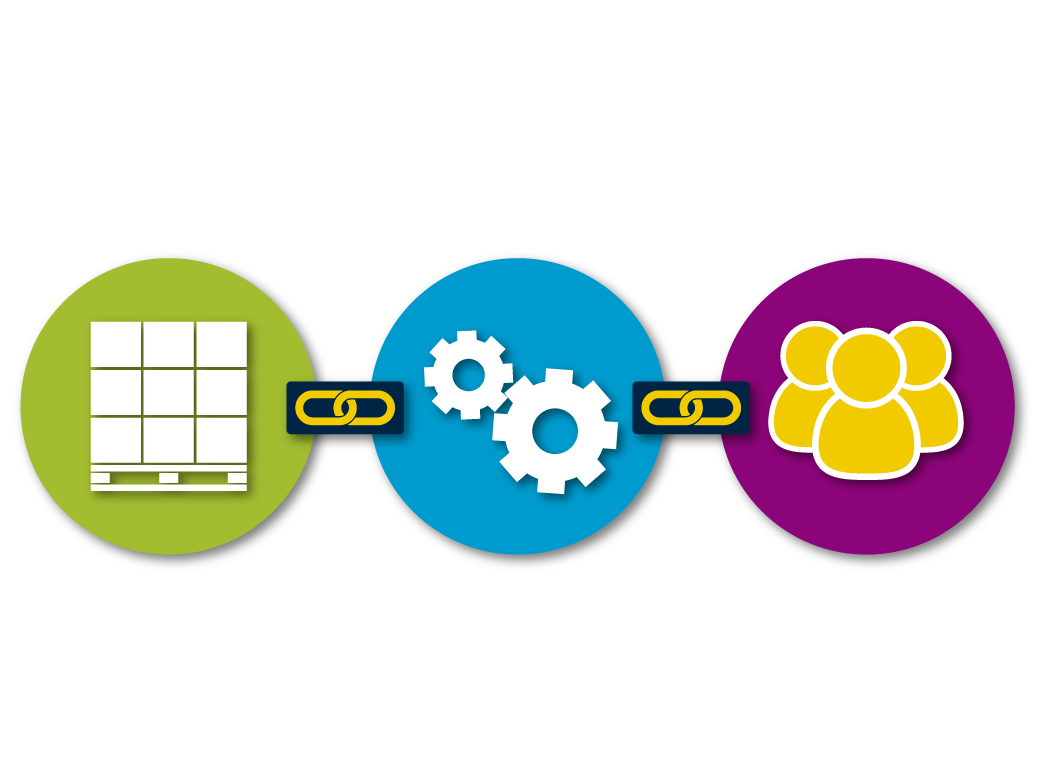A Quick Look at Ecolabels and Other Certifications
For 21st century manufacturers, sustainability is a key area of focus, especially with disposable hygiene. Many consumers have sustainable-living aspirations and want to feel their purchasing choices are part of the solution. Yet, consumers don’t have time to research every single-use absorbent product they buy. Placing labels (including ecolabels) on packaging or in product descriptions can make the process easier. When shoppers see the label, they know that someone else has done the research and has certified that the item meets certain criteria.
The process can be a bit more involved for absorbent article producers. From deciding which type of label to pursue to receiving certification, there are numerous steps. Fortunately, Bostik has the knowledge you need as a manufacturer, as it relates to how our adhesives can support your sustainability goals.
Ecolabels certify a positive impact on the environment
Ecolabels are a specific category of label that focuses on environmental issues. The ecolabels most common in disposable hygiene (Blue Angel, Nordic Swan, and the EU Ecolabel, for example) are considered Type 1. This indicates that they are public, multi-criteria labels. As outlined by Greenspec.co.uk, the key guiding principles of Type 1 ecolabels are:
- Voluntary
- A third party sets the criteria and grants license to use the label
- Verifiable
- Criteria are set to enable products to be distinguished by measurable environmental impact(s)
- Consistent with the requirements of ISO 14020
- Criteria are set with reference to product life cycle
- Transparent process
- A product's fitness for purpose and general performance are considered
- Certificate subject to regular review
Other types of labels exist, covering a wide range of topics including social concerns, specialty health interests, and safety in production. Each examines specific requirements to satisfy the unique needs or special interests of their consumers.
Labels, ecolabels, and the disposable hygiene industry
In ‘Understanding the Use of Labels and Ecolabels in Disposable Hygiene’ we take a quick look at:
-
Some of the most common topics of interest to labels
-
How labels benefit the consumer
-
Why governments and organisations create and maintain labels
-
The benefits for manufacturers
-
How Bostik can support your pursuit of labels from an adhesive perspective
As a disposable hygiene article producer, you may consider pursuing certification for eco- or other labels. Strong partners within your supply chain—like Bostik—will prove invaluable on your path toward achieving your goal.
CSR-21A36
.png)
.png)
.png)
.png)
.png)
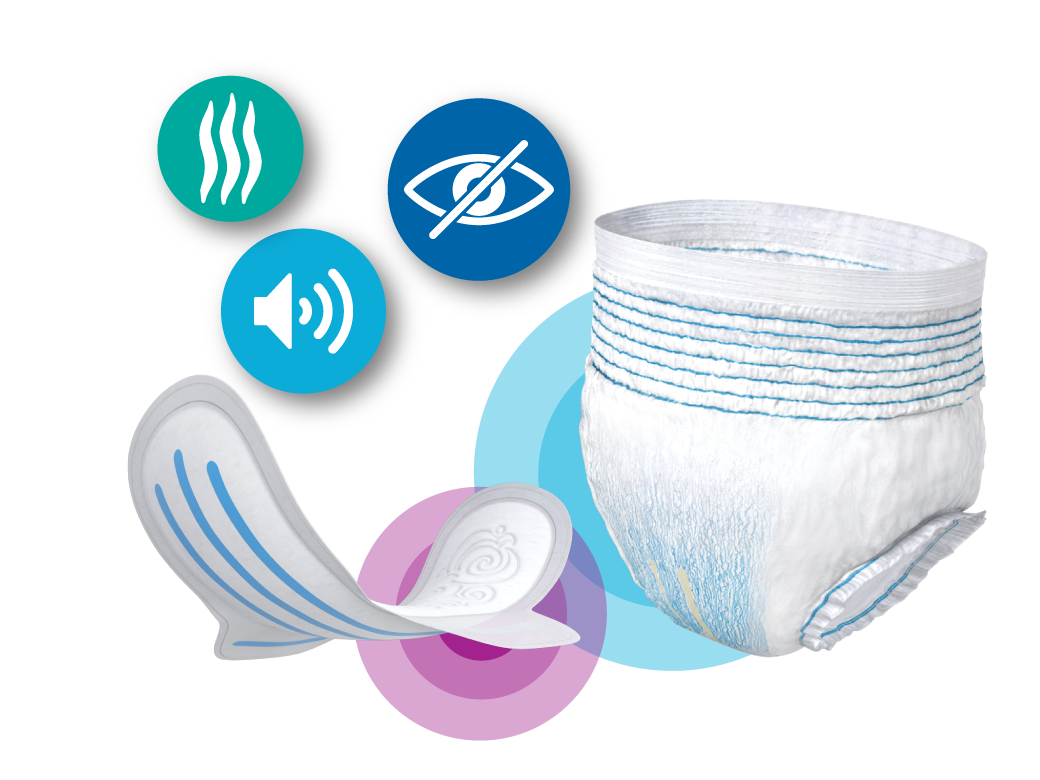
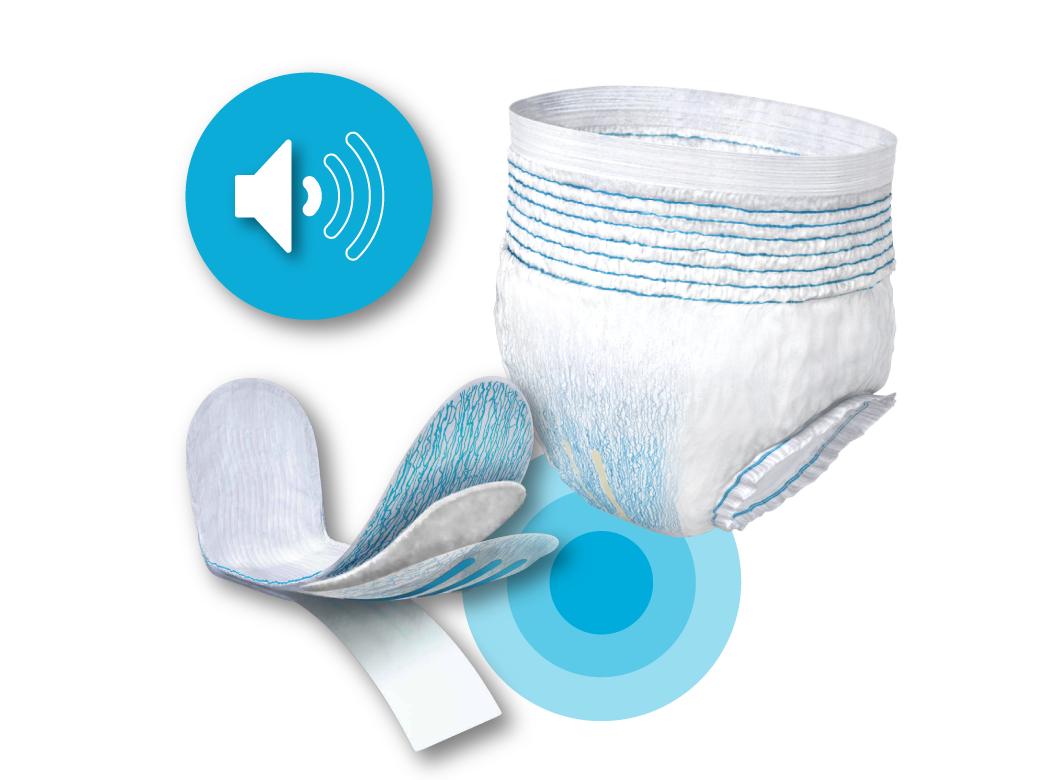
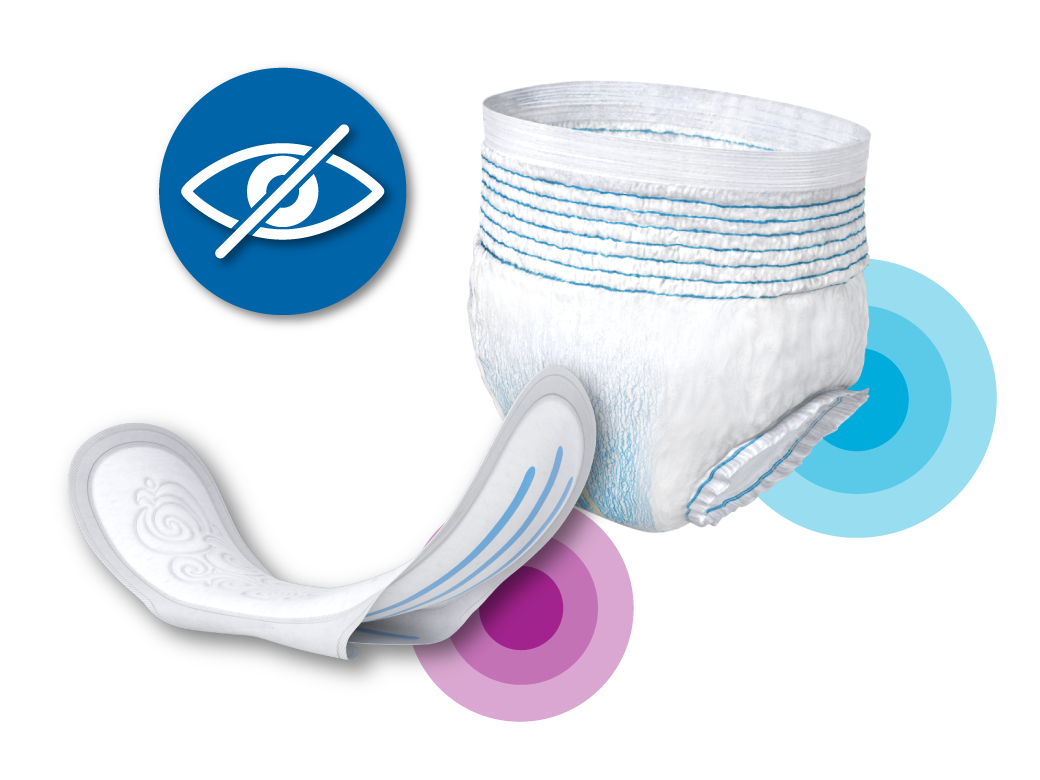
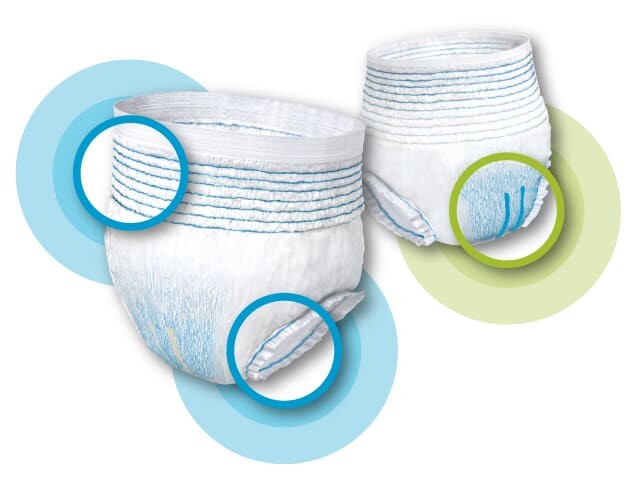
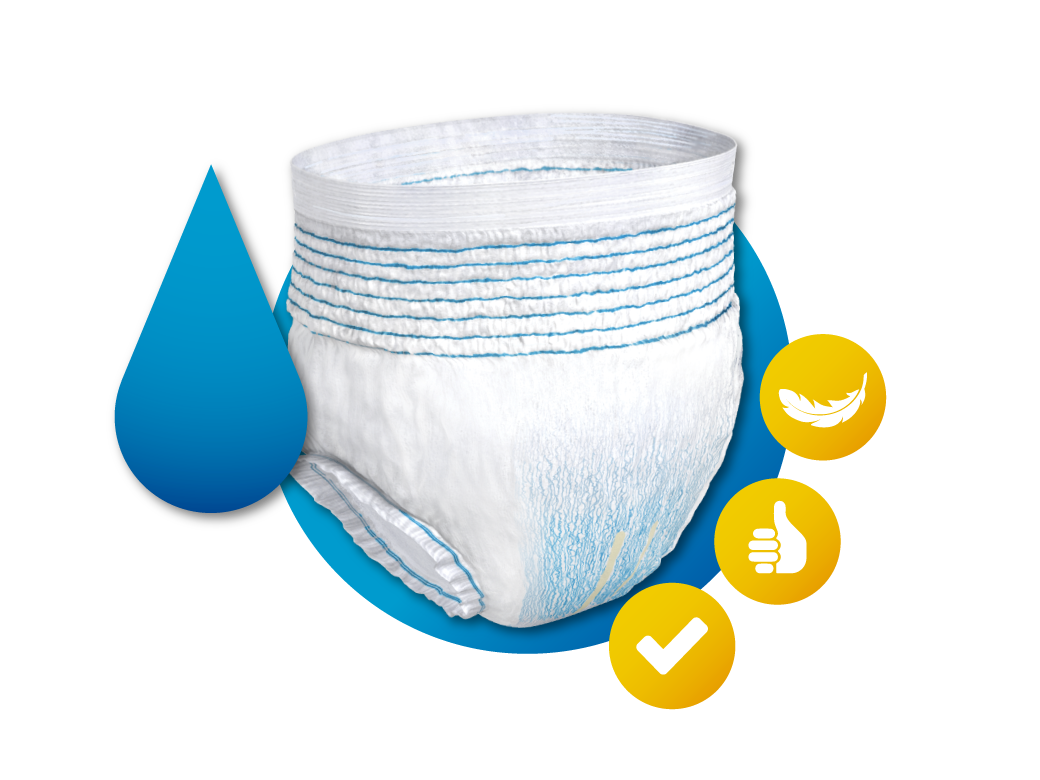
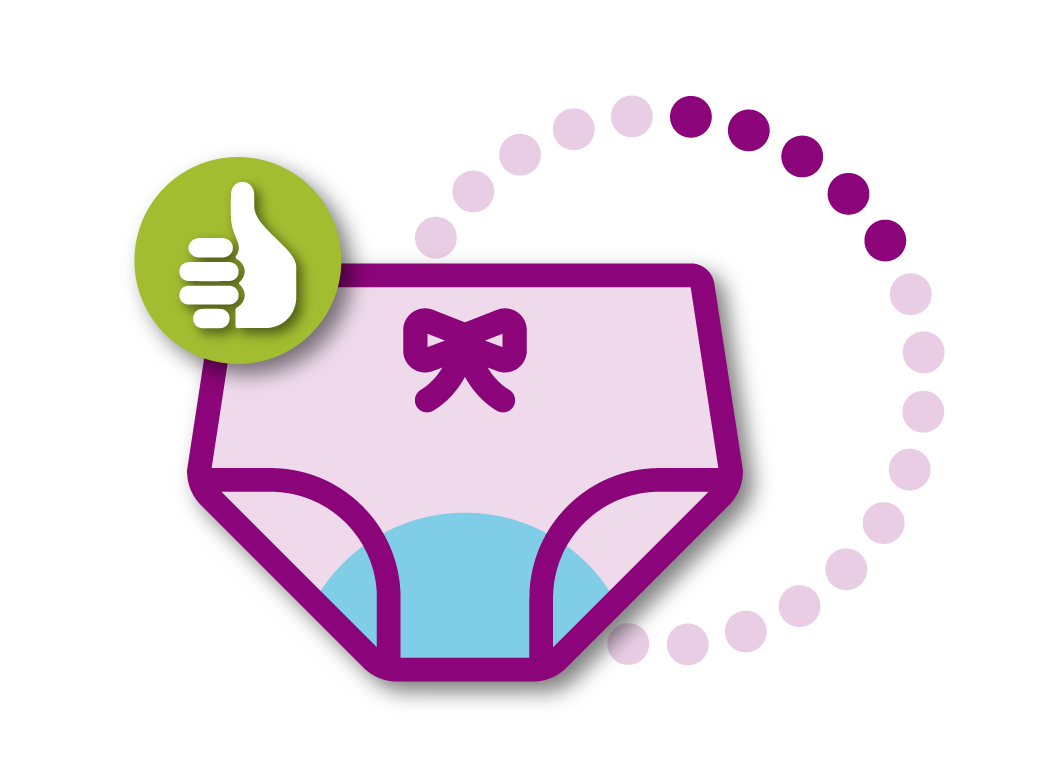
.png)
